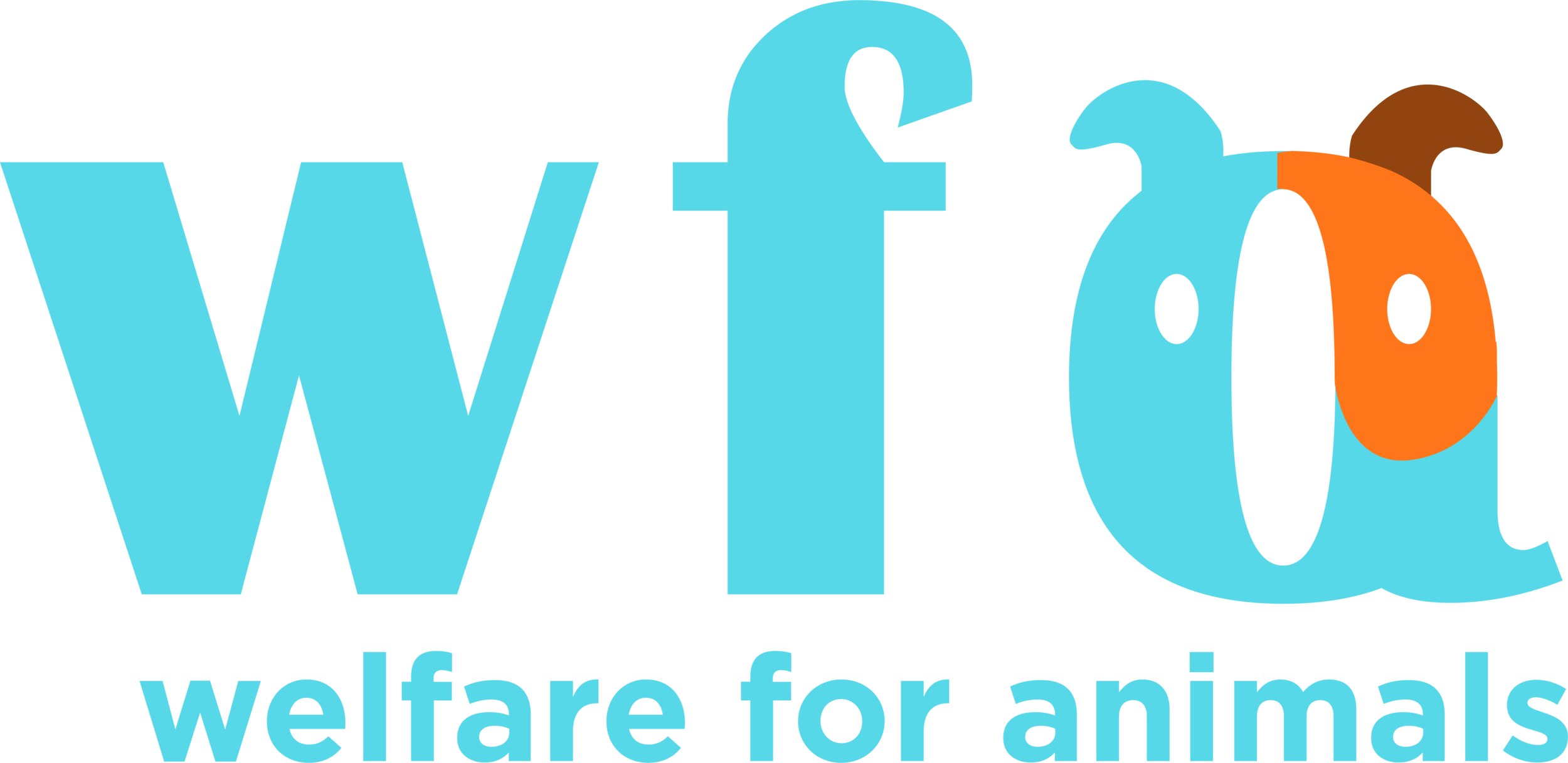Our Methods
WFA only uses up-to-date, force-free, positive reinforcement training based on the latest scientific research. We use a combination of methods to train including; cues, hand signals, marker words and clickers.
Equipment
The equipment you choose can make positive or a negative long-term impact on your dog’s health, physiology and behaviour. A study done on people who jerk on their dog’s leash while they’re walking, showed that 91% of all dogs with neck/cervical injuries, had been exposed to their long-term jerking and pulling back hard on the leash. In another study of 400 dogs, 79% of those deemed aggressive had back problems, while 69% of the shy and wary dogs had back problems. What your dog wears on their walks and in their day to day can and will affect your dog.
We always suggest that you use a Y-shaped harness to avoid any eye, trachea or spinal injuries and behavioural problems. When choosing a harness, always make sure your dog has a full range of motion in their forelegs, are not restricted in their gait or movement, that the harness doesn’t pinch at the chest or irritate their elbows.
Harnesses we recommend are: Haqihana / TTouch / Perfect Fit / Ruffwear / True love
Canadian Veterinary Medical Association (CVMA)
We do not believe in using aversive and punishment methods such as; corrections, prong collars, choke chains, shock collars, water bottles or citron sprays due to the severe stress, mental and physical damage they can and do incur onto your dog. We believe such methods are inhumane and only serve to put your pet into a state of fear and distress and are not effective over the long-term. To this point we adhere to the CVMA position on humane training methods for dogs, that all training is based on the latest in scientific learning theory, and that our job is to prevent or humanely treat behaviour issues and provide reputable educational material to pet owners. For more information on CVMA's position click here.

